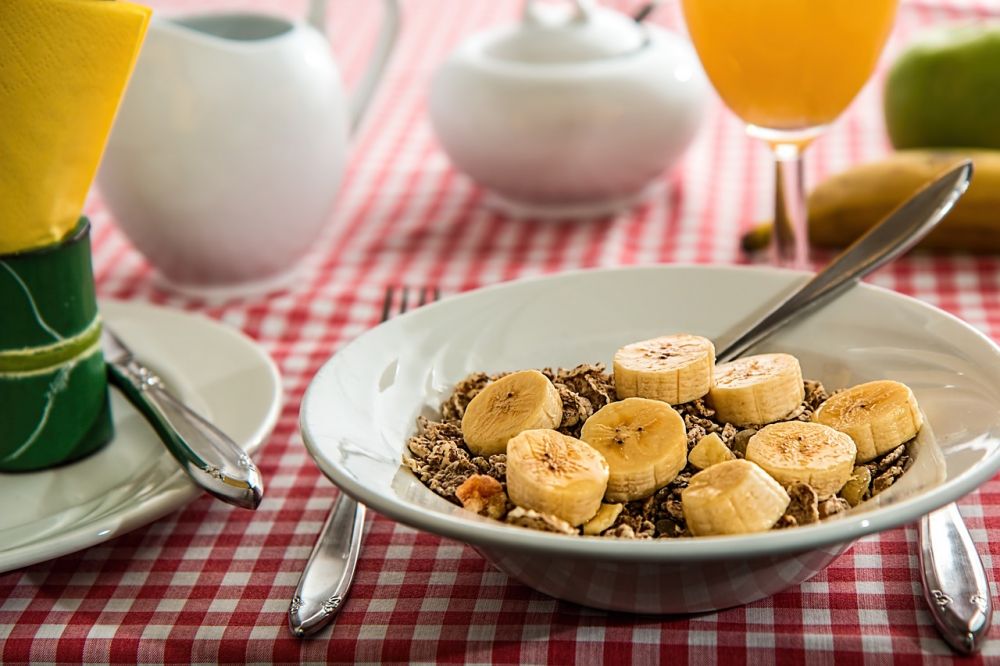Juice Diet: Boost Your Health and Vitality with Nourishing Juices

Introduction
In today’s fast-paced world, many people are searching for ways to improve their health and increase their energy levels. One popular approach is the juice diet, a nutritional plan centered around consuming fresh, nutrient-rich juices made from fruits and vegetables. In this article, we will provide a thorough overview of the juice diet, explaining what it is, the different types available, and their popularity among individuals looking to enhance their overall well-being.
1. What is the Juice Diet?
The juice diet, also known as juicing or juice fasting, involves consuming only fresh, natural juices for a specified time period. It aims to detoxify the body, optimize nutrient absorption, and provide a plethora of health benefits. During this period, solid foods are eliminated to allow the digestive system to rest and rejuvenate. Juice fasting can last from a couple of days to several weeks, depending on individual preferences and goals.
2. Types of Juice Diets and Their Popularity

There are various types of juice diets, each offering distinct benefits and focusing on different goals. Some popular ones include:
– Detox Juice Diet: This type of juice diet emphasizes detoxification and cleansing of the body. It typically includes juices made from a combination of citrus fruits, leafy greens, and herbs known for their detoxifying properties.
– Weight Loss Juice Diet: As the name suggests, this juice diet is designed to promote weight loss. It often includes a combination of low-calorie fruits and vegetables that help increase metabolism and reduce cravings.
– Nutrient-Rich Juice Diet: This type of juice diet focuses on maximizing nutrient intake. It involves consuming juices made from a variety of fruits, vegetables, and superfoods to provide a wide range of essential vitamins, minerals, and antioxidants.
The popularity of juice diets has skyrocketed in recent years, driven by growing health-consciousness and the desire to boost overall well-being. Many celebrities and influencers have embraced this trend, further fueling its popularity among the general population.
3. Quantitative Measures of Juice Diet Effectiveness
Numerous studies have examined the effects of juice diets on various health parameters. While individual results may vary, research has shown several quantitative measures of their effectiveness. These include:
– Weight loss: Juice diets, especially those tailored for weight loss, have been shown to help shed excess pounds. Studies have demonstrated significant reductions in body weight and waist circumference.
– Improved nutrient status: The nutrient-rich nature of juice diets ensures an increased intake of essential vitamins, minerals, and antioxidants. Blood tests have revealed improved nutrient levels, indicating better overall health.
– Enhanced digestive function: Giving the digestive system a break from solid foods during a juice fast can help improve digestion and alleviate symptoms such as bloating, constipation, and heartburn.
– Increased energy levels: Many individuals report feeling more energized and revitalized while on a juice diet. This can be attributed to the concentrated nutrients in the juices, which provide a natural energy boost.
4. Understanding the Differences Between Juice Diets
While all juice diets share the common goal of enhancing health, there are key differences between them. These variations can include the duration of the diet, the types of juices consumed, and the specific health benefits targeted. Some juice diets may focus primarily on weight loss, while others prioritize detoxification or overall well-being. It is essential to select a juice diet that aligns with personal goals and preferences.
5. Historical Review of Pros and Cons of Juice Diets
Juice diets have a long history, with proponents claiming numerous benefits while critics express concerns regarding potential drawbacks. Throughout the years, some advantages and disadvantages have emerged:
– Pros: Juice diets can provide a convenient way to increase fruit and vegetable consumption, offer a nutrient-packed alternative to processed foods, and may initiate weight loss or detoxification processes.
– Cons: Critics argue that juice diets lack essential fiber, may not provide enough protein, could lead to nutrient imbalances, and may be unsustainable or trigger unhealthy relationships with food.
Conclusion
The juice diet has gained significant attention in recent years due to its potential health benefits. Understanding the various types of juice diets, their popularity, quantitative measures of effectiveness, differences between them, and historical pros and cons can assist individuals in determining if a juice diet is right for them. Remember to always consult a healthcare professional before embarking on any dietary plan to ensure it aligns with individual needs and health circumstances.





















